
Kód: 01222025
Reason and Religion in Late Seventeenth-Century England
Autor Christopher J Walker
Reason has always held an uncertain position within Christianity. 'I believe because it is absurd',wrote Tertullian in the third century as he dismissed rational thought. For Augustine of Hippo, reason had some merit as a route to ... celý popis
- Jazyk:
 Angličtina
Angličtina - Vazba: Pevná
- Počet stran: 312
Nakladatelství: Bloomsbury Publishing, 2012
- Více informací o knize

Mohlo by se vám také líbit
Darujte tuto knihu ještě dnes
- Objednejte knihu a zvolte Zaslat jako dárek.
- Obratem obdržíte darovací poukaz na knihu, který můžete ihned předat obdarovanému.
- Knihu zašleme na adresu obdarovaného, o nic se nestaráte.
Více informací o knize Reason and Religion in Late Seventeenth-Century England
Nákupem získáte 527 bodů
 Anotace knihy
Anotace knihy
Reason has always held an uncertain position within Christianity. 'I believe because it is absurd',wrote Tertullian in the third century as he dismissed rational thought. For Augustine of Hippo, reason had some merit as a route to faith but otherwise was of limited value, since it could undermine a person's ability to approach God: 'the wisdom of the creature', he opined, 'is a kind of twilight.' In seventeenth-century England, reason had come to mean, most usually, a spirit of free enquiry: the exercise of human intelligence upon some form of truth, whether religious or scientific. The notion of revelation, by contrast, indicated the wider divine scheme within which human existence was situated. Despite the influential writings of Erasmus of Rotterdam - exemplary Christian humanist, whose friendships with Thomas More and John Colet were close - rationality and faith continued to sit uneasily together in the early modern period. Christopher J. Walker here explores the tensions between the forces of reason and revelation within English religion in the volatile period following the English Civil War. Ranging widely across the ideas of the Great Tew Circle, the Anglican clergymen of the Royal Society, the Cambridge Platonists and dissenters like Paul Best and John Bidle (the 'father of English Unitarianism'), the author shows that the rational thinking of the radical figures of the era tended not to be antipathetic to Christian faith but integral to it. Looking also at developments on the continent, he discusses the impact of thinkers like Arminius, who in the previous century affirmed that anyone - not just the elect - could enter heaven, and Faustus Socinus, who held that reason was a gift of God, human free will was real, and that the doctrine of the Trinity was unsupported by the Bible. Though these dangerous and intoxicating ideas spread to England throughout the seventeenth century, and were certainly influential, the paradox of the English context was that radical religion was often allied to conservative politics, while those who were radical in their politics were usually conservative in their religious doctrines. In exploring this paradox, and the fascinating intellectual cross-currents which informed it,the book makes an important and original contribution to the history of religion and ideas.
 Parametry knihy
Parametry knihy
Zařazení knihy Knihy v angličtině Humanities History Regional & national history
5267 Kč
- Plný název: Reason and Religion in Late Seventeenth-Century England
- Podnázev: The Politics and Theology of Radical Dissent
- Autor: Christopher J Walker
- Jazyk:
 Angličtina
Angličtina - Vazba: Pevná
- Počet stran: 312
- EAN: 9781780762920
- ISBN: 1780762925
- ID: 01222025
- Nakladatelství: Bloomsbury Publishing
- Hmotnost: 656 g
- Rozměry: 236 × 164 × 32 mm
- Datum vydání: 15. October 2012
Oblíbené z jiného soudku
-

Hundred Years' War on Palestine
338 Kč -

Ten Myths About Israel
314 Kč -

Citizens
543 Kč -

Last Voyage of the Lusitania
487 Kč -

Moshe Dayan
675 Kč -

The Fourth Turning
391 Kč -

Secret History
303 Kč -

General's Son
429 Kč -

Reverence for Wood
215 Kč -

Yitzhak Rabin
411 Kč -

Hell's Cartel
524 Kč -

Paradise Lost
358 Kč -
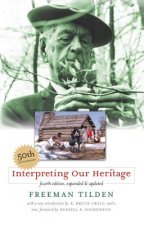
Interpreting Our Heritage
487 Kč -
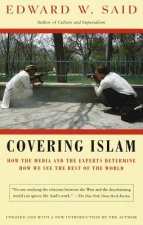
Covering Islam
407 Kč -

Voices of the Foreign Legion
406 Kč -
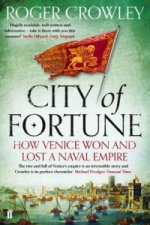
City of Fortune
357 Kč -
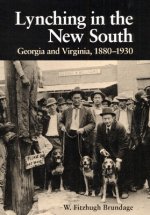
Lynching in the New South
847 Kč -

Napoleon's Master
614 Kč -

Penguin Historical Atlas of Ancient Egypt
457 Kč -
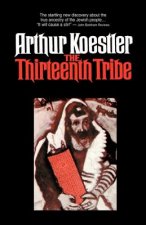
Thirteenth Tribe
420 Kč -

Twilight of the Romanovs
943 Kč -
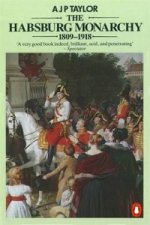
Habsburg Monarchy 1809-1918
410 Kč -

Ethnic Cleansing of Palestine
357 Kč -

Decline and Fall of the Roman Empire
130 Kč -

Palestine
534 Kč -

Strange Death of Europe
410 Kč -

The Secret Diaries Of Miss Anne Lister: Vol. 1
304 Kč -

Giza Power Plant
365 Kč -
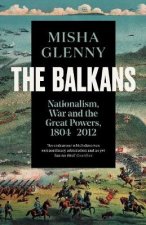
The Balkans, 1804-2012
543 Kč -

Age Of Revolution
410 Kč -
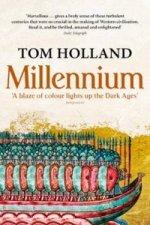
Millennium
358 Kč -

Alexiad
423 Kč -
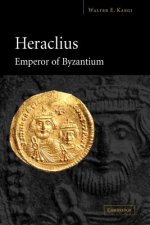
Heraclius, Emperor of Byzantium
774 Kč -

1948
692 Kč -
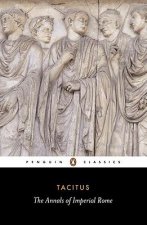
Annals of Imperial Rome
357 Kč -

Strike and Hold
703 Kč -

Diana: Her True Story - In Her Own Words
306 Kč -

How to be a Victorian
357 Kč -

The Oxford History of Ancient Egypt
383 Kč -

Londoners
316 Kč -
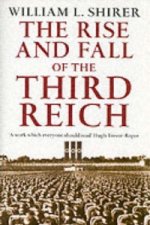
Rise And Fall Of The Third Reich
543 Kč -

History of Japan
405 Kč -
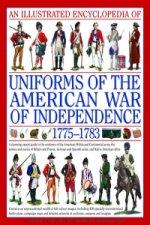
Illustrated Encyclopedia of Uniforms of the American War of Independence
543 Kč -

Olympic, Titanic, Britannic
750 Kč -

Medieval Monsters
277 Kč -

The Thirteenth Tribe
308 Kč -

Footnotes in Gaza
597 Kč -

Biggest Prison on Earth
357 Kč -

Great Gatsby (Wisehouse Classics Edition)
405 Kč
Osobní odběr Praha, Brno a 12903 dalších
Copyright ©2008-24 nejlevnejsi-knihy.cz Všechna práva vyhrazenaSoukromíCookies




 Vrácení do měsíce
Vrácení do měsíce 571 999 099 (8-15.30h)
571 999 099 (8-15.30h)